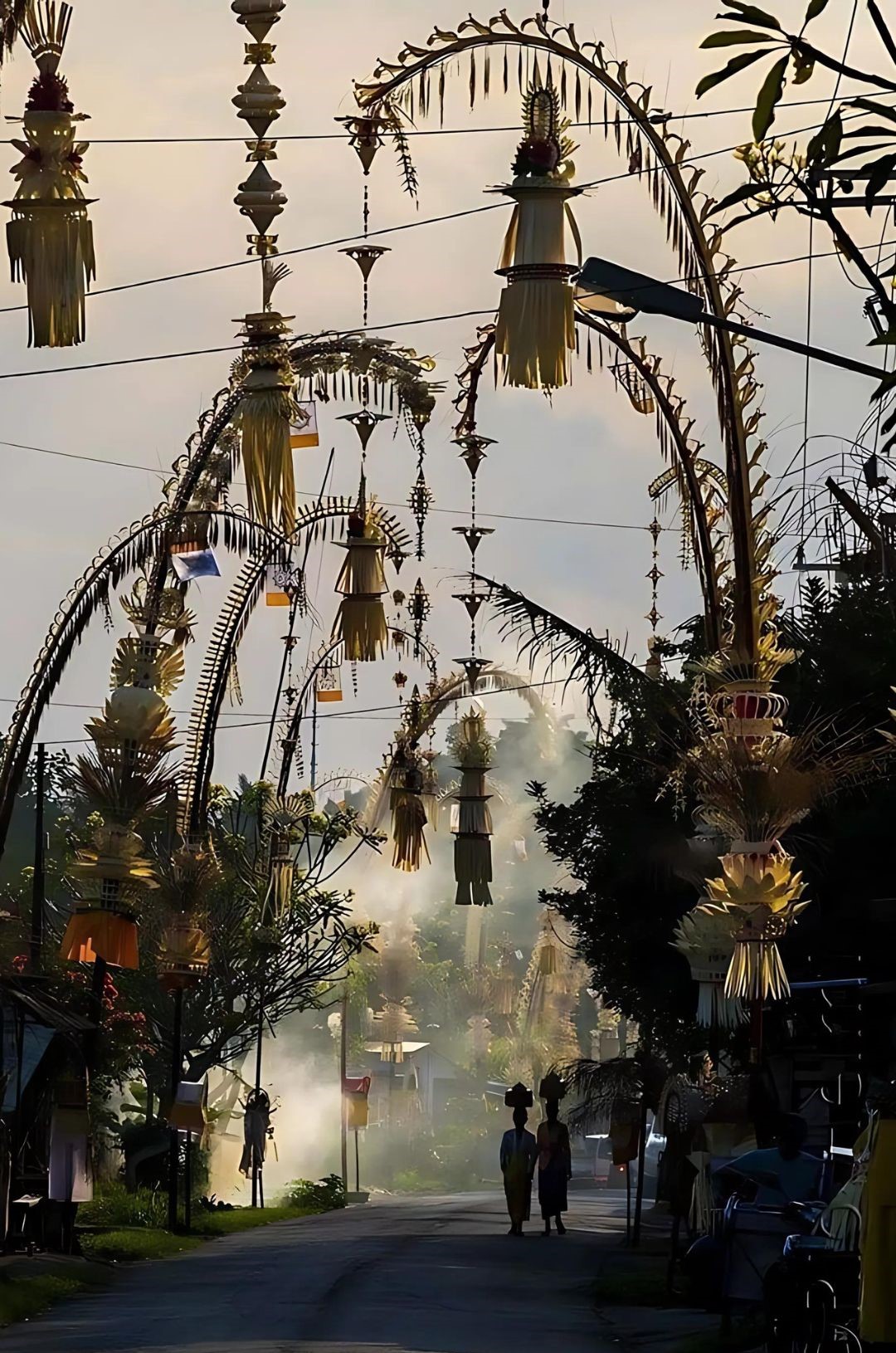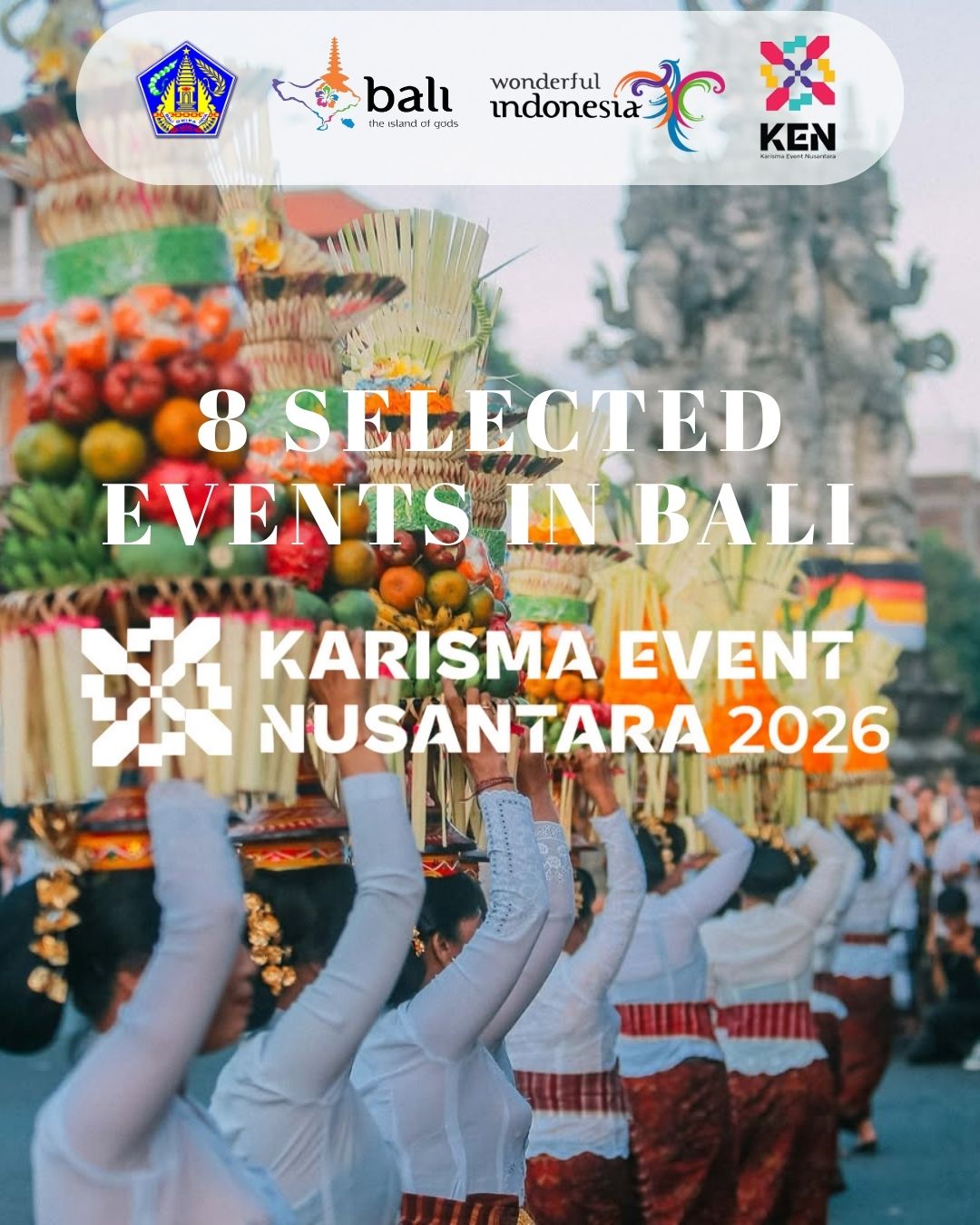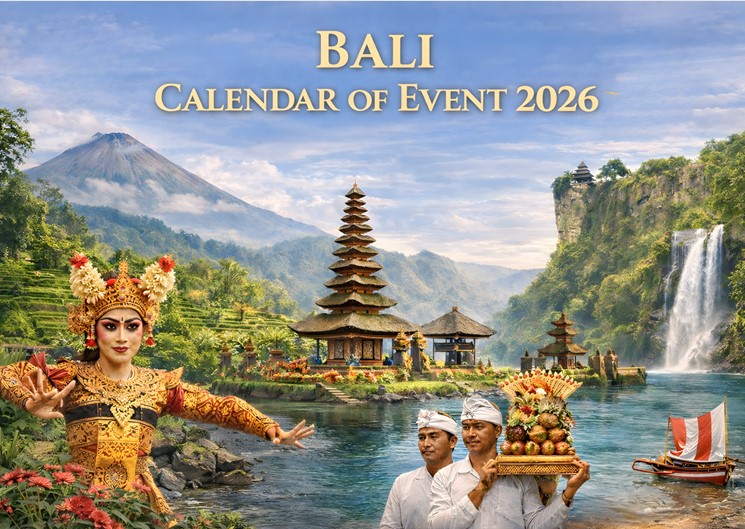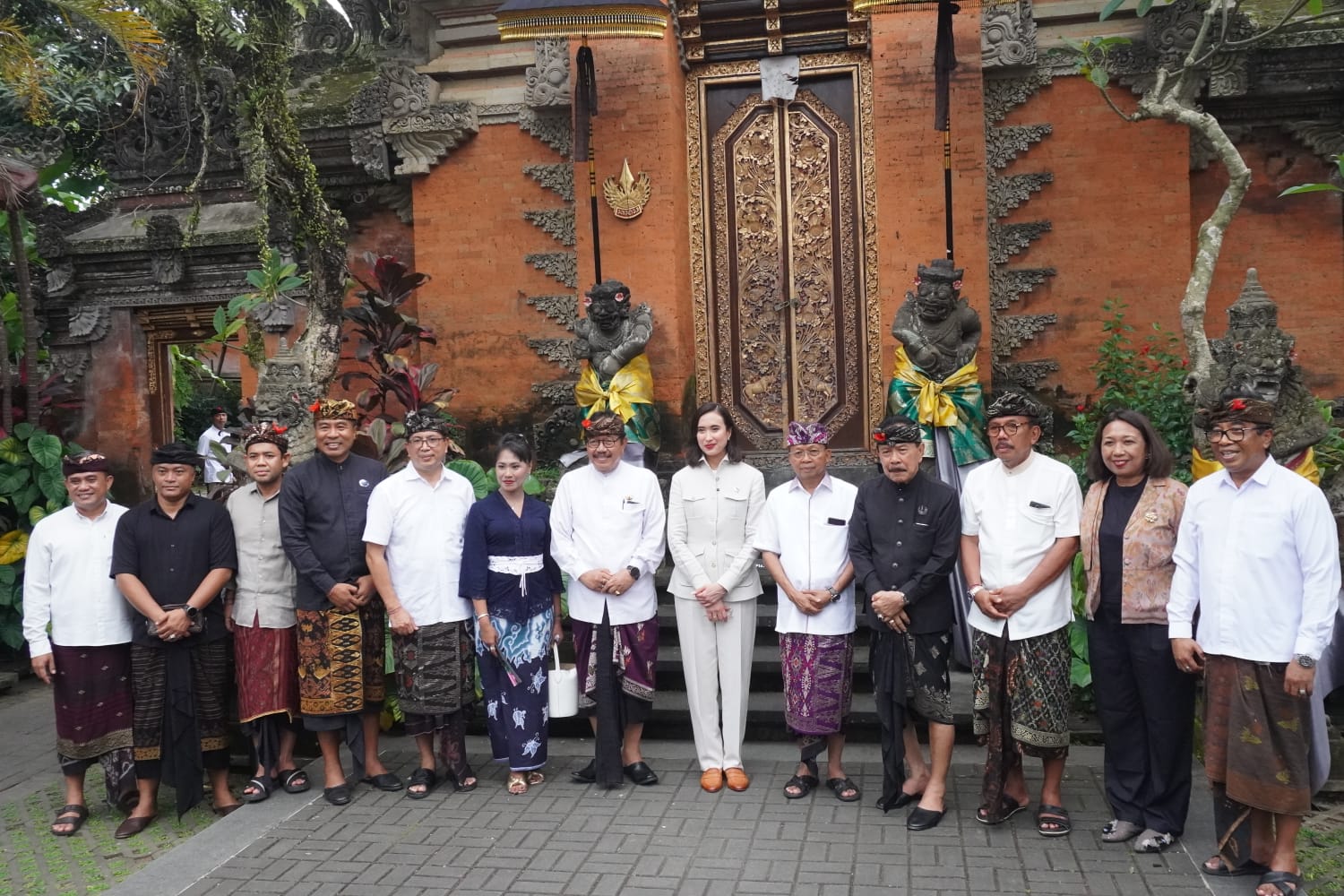Galungan and Tourism in Bali: A Fusion of Culture and Spiritual Charm
- Update : 23 Sep 2024 10:19

Galungan is not only a sacred moment for Hindus in Bali but also holds significant appeal for tourism. This celebration showcases Bali's rich cultural and spiritual traditions, attracting both domestic and international visitors. During the Galungan festivities, tourists can not only observe the spiritual life of the Balinese but also experience a deep connection to the island’s vibrant culture.
Galungan: A Fascinating Cultural Attraction
The Galungan celebration lasts for ten days, starting from Sugihan Day and ending with Kuningan Day. During this period, Bali is adorned with penjor, bamboo poles decorated with coconut leaves, flowers, fruits, and rice, placed in front of homes and temples. These penjors, lining the streets of villages and cities, create a distinct visual spectacle that draws tourists eager to explore the rich symbolism and spiritual significance behind the decorations.
At major temples such as Besakih Temple, Tanah Lot Temple, and Uluwatu Temple, visitors can witness religious rituals and prayer ceremonies performed by the Hindu community. The sight of devotees dressed in traditional attire, carrying offerings, becomes a unique attraction for tourists wanting to immerse themselves in Balinese culture. For many, participating in or observing the Galungan prayers at a temple provides a profound spiritual experience.
Spiritual and Cultural Appeal
Galungan, symbolizing the triumph of dharma (good) over adharma (evil), also offers an opportunity for tourists to delve deeper into the teachings of Balinese Hinduism. Many tourists are fascinated by the spiritual values behind the traditions, such as the balance between good and evil, and how Hindus honor their ancestors through offerings and prayers.
Some travel agencies in Bali offer special cultural packages during the Galungan period, allowing tourists to participate in traditional activities. For example, visitors can join workshops on making penjor, try crafting traditional offerings (canang sari), or take spiritual tours to significant temples that are bustling with devotees during Galungan.
Galungan's Impact on Tourism
In the context of tourism, Galungan positively affects Bali's tourism industry. Many tourists plan their trips to coincide with Galungan, resulting in increased demand for accommodation, restaurants, and tour services. Hotels and villas often offer special packages that include cultural experiences, such as witnessing ceremonies at temples or enjoying traditional Balinese cuisine during this period.
Moreover, cultural tourism has become one of Bali’s main attractions, and Galungan plays a vital role in promoting Bali as a destination rich in spiritual and cultural values. Through the unique experience of Galungan, tourists can appreciate the depth of traditions behind the celebration while enjoying the island's natural beauty and the warmth of its people.
Sustainable Collaboration between Culture and Tourism
Bali’s success in preserving traditions like Galungan while maintaining its status as a world-class tourist destination highlights the effective collaboration between local culture and the tourism industry. The Balinese government and community continue to strive for a balance between welcoming tourists and safeguarding cultural preservation. Efforts such as regulating visiting hours to temples during celebrations and restricting access to sacred areas during religious ceremonies are part of the measures to maintain harmony between tourists and the local community.
Galungan not only serves as a significant moment for Hindus in Bali but also as a time that connects the outside world to Bali's rich cultural and spiritual heritage. Through cultural tourism that introduces the values of Galungan to the world, Bali further solidifies its position as a destination that offers not only natural beauty but also authentic cultural and spiritual depth.



